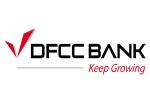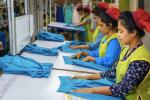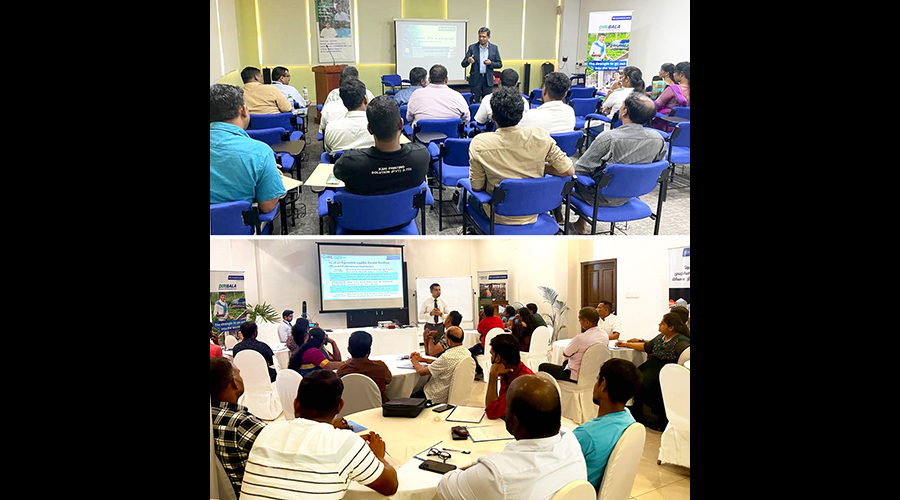These programmes were conducted in areas such as Negombo, Ratnapura, Vavuniya, Kandy, Kadawatha, Akkaraipattu, Jaffna, Nuwara Eliya, Badulla and Minuwangoda and the topics covered were ‘Revisiting Business Strategy (Operational Plan/ Human Resources Plan),’ ‘Profitability and Productivity (Financial Resilience/ Basics of Borrowing),’ ‘Digital Transformation and Digital Market Place (Trends/ Benefits/ Handling Customers/ Payment options/ Policies & Security/ Best Practices),’ ‘Digital Brand Management (Online Presence/ Content Marketing/ Marketing Brand Management/ Measuring results)’ and ‘Women Empowerment and Entrepreneurship’ which was exclusively for women entrepreneurs.
The training was delivered by certified trainers of the IFC and will be continued by Commercial Bank staff trained under a Training of Trainer programme conducted by the IFC, the Bank said.
Prior to the launch of this special series of training programmes to enhance the knowledge and skill of MSMEs, Commercial Bank partnered with the International Finance Corporation (IFC) to carry out training needs assessments (TNAs), design modules and pre- and post-evaluation forms, conduct pilot programmes, and to train Bank staff to be the training resource persons for future programmes and mentor SMEs.
“Commercial Bank has always devoted special attention to SMEs and is the biggest lender to this segment in Sri Lanka,” the Bank’s Assistant General Manager – Personal Banking/SME Mr S. Ganeshan said.
“The objective of SME Skills Programme is to increase the business management skills of our existing and potential MSME clients and to mitigate the long-term negative impacts of the COVID-19 pandemic and the current economic crisis.
Our ultimate goal is to establish a sustainable business operation for MSMEs.”
According to the National Policy Framework for Small Medium Enterprise (SME) Development, the Government of Sri Lanka recognizes SMEs as the backbone of the economy, as they account for more than 75% of the total number of enterprises, provide 45% of the employment and contribute to 52% of Gross Domestic Production (GDP).
SMEs promote broad-based equitable development and provide more opportunities for women and youth participation in the economic development of the country.
The Bank said the programmes conducted for SMEs are particularly important in the context of the severe setbacks they faced in the wake of the unprecedented challenges brought about by the COVID-19 pandemic and the subsequent economic crisis.
Commercial Bank is the pioneer in organising financial awareness and financial literacy programmes to support the development of entrepreneurship in the country.
These programmes have been conducted with the involvement of state and private sector organizations.
The Bank has conducted more than 170 such programmes over the past decade, benefitting approximately 15,000 entrepreneurs from different segments of the economy.
Commercial Bank is the largest private sector bank in Sri Lanka and the first Sri Lankan bank to be listed among the Top 1000 Banks of the World.
The Bank operates a strategically-located network of branches and 964 automated machines in Sri Lanka, is the largest lender to Sri Lanka’s SME sector, and is a leader in digital innovation in the country’s Banking sector.
Commercial Bank has the widest international footprint among Sri Lankan Banks, with 20 outlets in Bangladesh, a Microfinance company in Nay Pyi Taw, Myanmar, and a fully-fledged Tier I Bank with a majority stake in the Maldives.
Photo Caption Some of the programmes in progress.
























